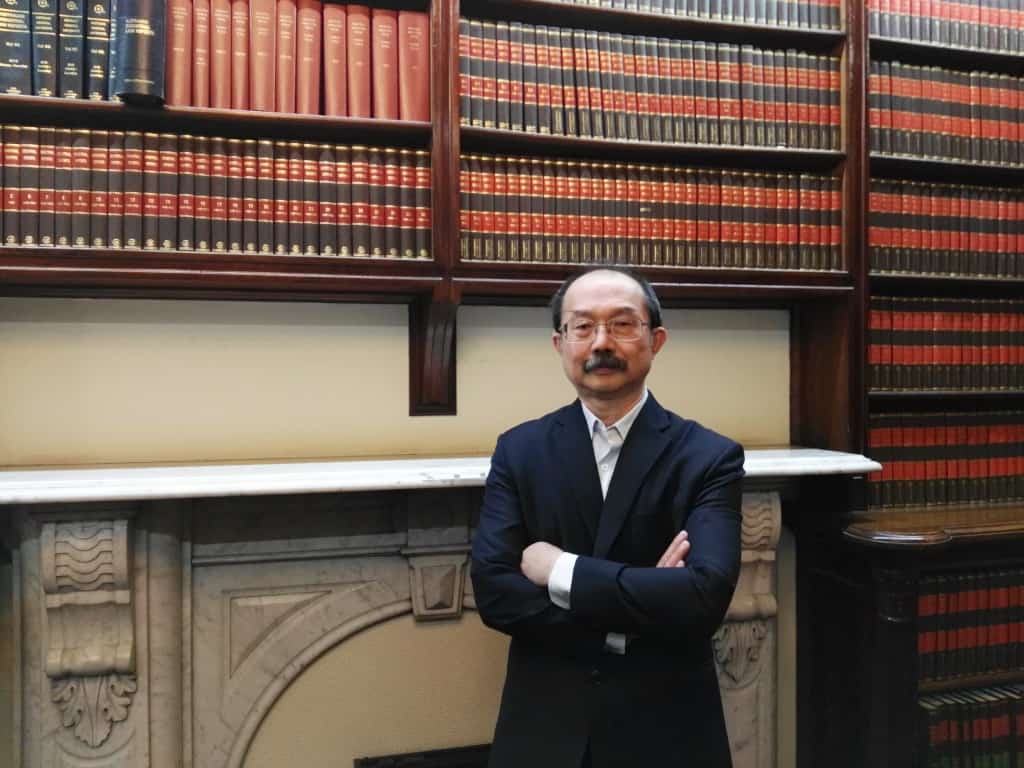
Genuine temporary entrant student visa cl 500.212 requirements – if you are applying for a student Subclass 500 visa (click here to learn more), you will be required to satisfy the Department that you are a genuine applicant for entry and stay as a student.
Genuine temporary entrant student visa requirements include, among others, that you intend genuinely to stay in Australia temporarily. This concerned with how long you intend to stay in Australia and nothing else (Saini v MIBP [2016] FCA 858; 245 FCR 238).
In the case of Tandukar v Minister for Immigration, Citizenship, Migrant Services and Multicultural Affairs [2020] FCA 1267, Derrington J accepted that in order to obtain a student visa the applicant has to be both a genuine student and has a genuine intention to remain in Australia temporarily. The Court also accepted that the decision-maker is required to take into account all of the factors specified in Direction No 53 (currently the Direction is No 69), as well as any other relevant factor. However, it is not necessary for the decision-maker to make express findings in relation to any particular consideration nor does it necessarily lead to the conclusion that any factors had not been taken into account. This is because Direction No 53 or No 69 is just a guide and should not be used as a checklist. If you intended for the decision-maker to consider any of the factors found in Direction No 69, you must clearly list them and explain why they are relevant to your application for a student visa.
To satisfy the genuine temporary entrant student requirements, there are 3 distinct criteria concerning the length of stay that is, there is a genuine intention to stay temporarily:
- there is an intention to comply with any visa conditions;
- any other matter relevant to the intention to stay temporarily; and
- the purpose and the granting of a student Subclass 500 visa.
The above 3 considerations are required to form an evaluative judgement about whether you are a genuine applicant for entry and stay as a student.
In the case of Eros v Minister for Immigration, Citizenship, Migrant Services and Multicultural Affairs [2020] FCA 1061 (28 July 2020). Eros is a 45-year-old mother who arrived in Australia on a tourist visa (click here to learn more about Visitor Subclass 600 visa). She then applied for a student Subclass 500 visa which was refused. Eros then applied to the AAT for a merits review of the refusal. The Tribunal formed the view that Eros used the visitor visa program to circumvent the more rigorous student visa assessment process. Further, the Tribunal is not convinced in relation to the value of the course (ELICOS, Certificate III in Business, and Certificate IV in Marketing and Communication) to Eros’ future, especially the courses will not assist her to obtain employment or improve her employment prospects. While Eros provided evidence that she has a property and a business in her home country but the Tribunal concluded that they can be readily sold. Eros has a daughter in Australia who will be completing her studies and is eligible to apply for a Temporary Graduate Subclass 485 visa (click here to learn more about Subclass 485 visa). The Tribunal accepted that an applicant who is genuine temporary entrant will have circumstances which support a genuine intention to remain in Australia temporarily, recognising the possibility that this may change over time to utilise lawful means to remain in Australia. However, the Tribunal concluded that Eros’ intention to remain in Australia, at least while her daughter is in Australia, but she did not articulate a lawful means of doing so beside the student visa program. The Tribunal concluded that Eros is using the student visa program primarily to maintain ongoing residence in Australia.
Eros appealed to the FCC but was dismissed. She then appealed the FCC’s decision to the FCA
Allsop CJ at [22] said that if the Tribunal has concluded that Eros intended to stay indefinitely in Australia then she would not genuinely intend to stay temporarily in Australia. The Tribunal did not make any finding that Eros was genuinely intends to stay indefinitely but for her desire to be near her daughter and to study. The Tribunal did not find that Eros is not a genuine applicant to stay as a student. Allsop CJ further said that if the Tribunal has concluded that Eros is not genuine student, it would have to consider other consideration such as the courses she was enrolled in and whether she genuinely wants to do the courses, beside the intended length of stay.
Temporarily means “how long you intend to stay in Australia”
Genuinely temporary entrant student visa requirements require you to stay in Australia temporarily and there should no evidence that you have applied or have the intention to apply for a permanent visa.
You should be aware that the decision-maker must be satisfied that you are a genuine applicant for entry and stay as a student. What this mean is, whether your temporary presence in Australia is “as a student” and, whether your claim to be a student is genuine. The decision-maker may conclude that you are not a genuine student (because you do not have a clear pathway) if you have been undertaking numerous VET (Certificate or Diploma) courses which are fairly fundamental and repetitive, and you have not sought to advance your education beyond Certificate or Diploma level.
If you are “renewing” your student visa, the decision-maker may consider enrolling in a variety of courses is to prolong your stay in Australia, hence you do not intend to stay here temporarily.
So, you must clearly specify that your intention is to stay in Australia solely for the purposes of engaging in study, your intended presence is temporary and for a limited identified purpose.
Australian migration law is complex and difficult to understand, contact our immigration lawyer for a consultation (fee applies) to help you with writing your genuine temporary entrant student visa statement.

 041 222 4020 or WeChat: AUDvisa
041 222 4020 or WeChat: AUDvisa
This article is not intended to be or taken as migration legal advice. The author of this article disclaims any liability for any action or omission on the information provided or not provided in this article. You should always consult an immigration lawyer or a registered migration agent to form an informed opinion on your immigration matter.



